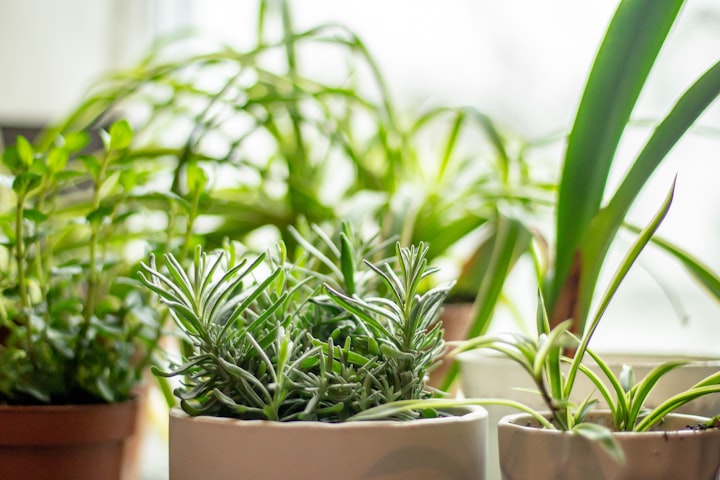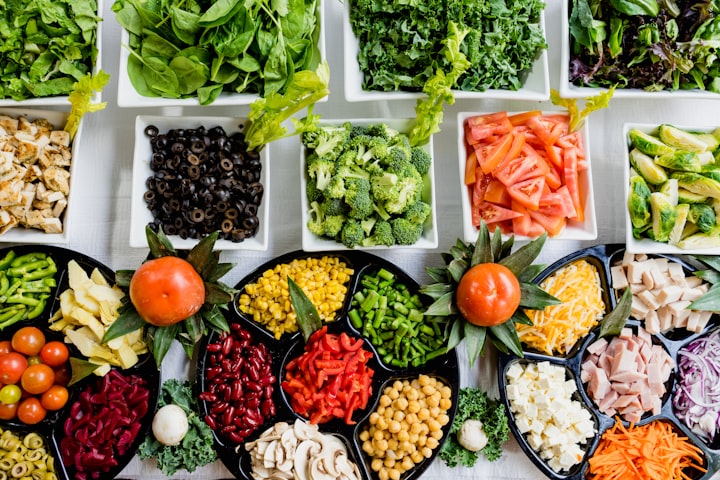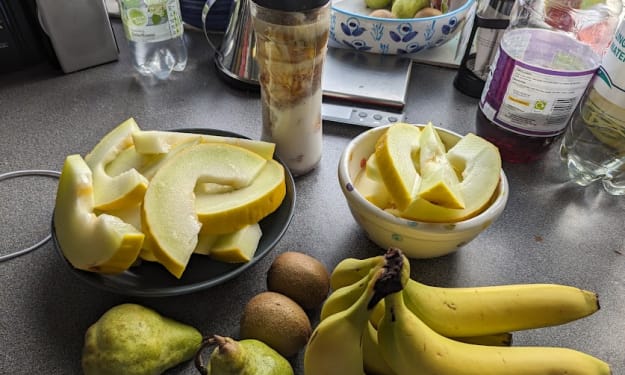Maximizing Herb Growth: The Ultimate Guide to Achieving a Healthy and Bountiful Herb Garden
The Ultimate Guide

A Guide to Growing Your Own Herbs
Growing your own herbs is a great way to enjoy fresh, healthy ingredients in your meals while also promoting sustainable and ethical gardening practices. The use of organic and non-GMO herb seeds is on the rise as gardeners seek to reduce their impact on the environment and ensure the safety of their food. In this comprehensive guide, we'll discuss the advantages of choosing ethical and organic herb seeds and provide tips for selecting and growing your own herbs.

The Importance of Ethical and Organic Herb Seeds
When it comes to herb seeds, choosing ethical and organic options is becoming increasingly important. By opting for organic herb seeds, you can ensure that your herbs are grown without the use of harmful chemicals and pesticides, making them safe for consumption. Additionally, organic herb seeds are often produced using environmentally-friendly practices, such as crop rotation and composting, reducing your carbon footprint and promoting sustainability.
Benefits of Growing Your Own Herbs
There are numerous benefits to growing your own herbs, including:
Fresh, Flavorful Ingredients: When you grow your own herbs, you have a constant supply of fresh, high-quality ingredients for your cooking. Picking herbs at their peak ensures that you get the full flavour and aroma of the herbs in your meals.
Reduced Waste: By growing your own herbs, you can eliminate the waste associated with buying pre-packaged herbs from the grocery store. You can pick only what you need, reducing the amount of waste produced.
Cost Savings: While there may be an initial investment in seeds and equipment, growing your own herbs can save you money in the long run. Over time, the cost of growing your own herbs is significantly lower than buying pre-packaged herbs from the grocery store.
Choosing the Right Herb Seeds
When selecting herb seeds, it's crucial to take into account a number of factors, such as:
Climate: Make sure to choose herb seeds that are suitable for your local climate. Some herbs, such as basil, thrive in hot weather, while others, like parsley, prefer cooler temperatures.
Space: Consider the amount of space you have available for your herb garden. Some herbs, such as rosemary, can grow quite large, while others, like thyme, are more compact.
Flavour: Think about the types of flavours you enjoy in your cooking, and choose herb seeds that complement those flavours. For example, if you prefer spicy food, consider growing coriander or chilli peppers.
Growing Your Own Herbs

Growing your own herbs is straightforward and can be done in several ways, including:
In-Ground: If you have a yard or garden, you can grow your herbs in the ground. Simply plant the seeds, water them regularly, and watch your herbs grow.
Containers: If you don't have a yard or garden, you can grow your herbs in containers. Choose a container that's large enough to accommodate the growth of your herbs, and make sure to water them regularly.
Hydroponic: For a more advanced method, consider growing your herbs hydroponically. This involves growing your herbs in water, without soil. Hydroponic growing is a great way to conserve water and grow herbs year-round.
Growing Herbs: Tips and Tricks
Here are some tips and tricks to help you get the most out of your herb garden:
Light: Herbs need plenty of sunlight to thrive, so make sure to place your herb garden in a sunny spot. If you're growing herbs indoors, consider using grow lights.
Water: Regular watering is essential for herb growth, but be careful not to over-water, as this can lead to root rot.
Soil: Choose high-quality, well-draining soil for your herb garden. Soil that retains too much moisture can lead to root rot, so make sure to choose soil that allows for good drainage.
Fertilizer: If you want your herbs to grow big and strong, consider using a high-quality organic fertilizer.
Pruning: Regular pruning is essential for keeping your herbs healthy and promoting new growth. Prune your herbs regularly to keep them in check and encourage bushy growth.
By following these tips and tricks, you'll be well on your way to growing a thriving herb garden. With the right seeds, soil, and care, you'll have a bountiful harvest of fresh, flavorful herbs in no time!
I have compiled a list of organic seeds for you to purchase
About the Creator
PAUL WAYLAND
I'm an Amazon reviewer, sharing only the best deals and top items. My honest reviews help you make smart buying decisions. Plus, every link is an affiliate link earning me a small commission. Happy shopping folks!






Comments
There are no comments for this story
Be the first to respond and start the conversation.